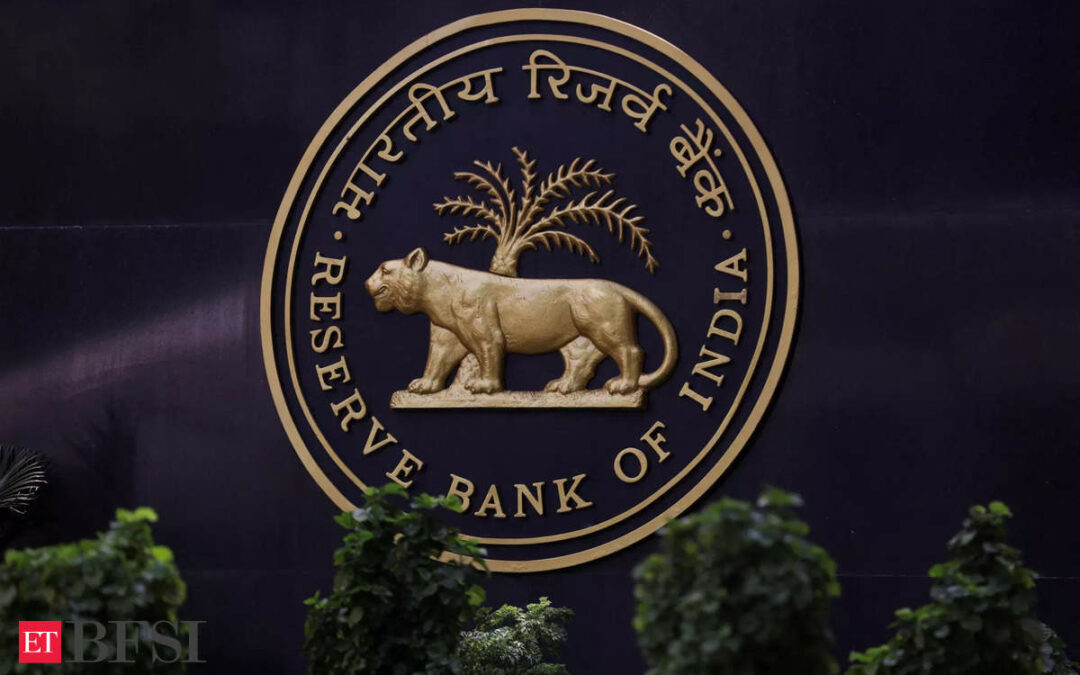Disinflation can be expected to continue unevenly, opening up some more albeit limited space for monetary policy easing, according to the Reserve Bank of India’s (RBI) January 2025 bulletin.
This shift could provide welcome relief to households and individuals grappling with financial stress, particularly those affected by rising credit card defaults. Lenders, too, are likely to benefit, as the country experiences the highest levels of write-offs in 14 years.
The easing of inflationary pressures, coupled with technological advancements, could help boost incomes and spur aggregate demand, the RBI noted.
However, the battle against inflation is entering a new phase, with fresh risks emerging.
The bulletin highlighted the “weaponisation of uncertainty” as a potential upside threat to inflation, adding complexity to the future trajectory of interest rates.
Looking at the broader global landscape, the RBI also pointed out that slowing productivity growth, demographic pressures from an ageing population, and challenges related to the green transition continue to tilt the balance of risks for the medium-term global economy.
A significant carryover from 2024 is the increasing divergence across major economies.
The US is expected to lose some momentum, while Europe and Japan are seeing weak to modest recoveries.
Emerging and developing economies, including India, are likely to experience more moderate growth, accompanied by a more gradual disinflation compared to advanced economies.








